Helping Families Find the Support They Need
If you have a loved one with a disability, you know how much support is needed. You might need help with funding, special education, finding good doctors, or even just time to rest. You may also need guidance on understanding laws, finding the right tools, or advocating for your family member. But getting that help isn’t always easy; resources can be limited, wait times long, costs high, and the process overwhelming.
Plan Your Way OK is here to make things simpler for you. We’ve gathered important resources like community programs, state agencies, and helpful information all in one place. This will save you time, reduce stress, and let you focus on caring for your loved one. Explore the tabs on the website and connect with the family partners below to find the support you need!
Stories of Hope
Oklahoma’s Developmental Disabilities Services (DDS) has good news to share. With new funding from the Oklahoma Legislature, the long waiting list for services has gotten much shorter. This means thousands of people with disabilities and their families are now getting the help and support they’ve been waiting for. You can learn more and see real family experiences by watching Julian’s story and additional Stories of Hope on the Oklahoma Human Services YouTube channel.
Statewide Advocacy & Family Partners
Reach out to one of the Family Partners below by clicking their logo and visiting their website! They can support you, answer your questions, and guide you on topics like special education, life after high school, health care needs, and more.
Resource Navigators
A good place to start is with the Oklahoma Family Network or Sooner SUCCESS. They have staff called Resource Navigators. They are trained professionals who can help you and your family find the services you need, like health care, disability support, education help, or job resources.

Oklahoma Family Network
The Oklahoma Family Network is Oklahoma’s parent-to-parent resource for families raising children and young adults with special health care needs. Oklahoma Family Network focuses on supporting families via emotional support, resource navigation, and ensuring quality healthcare for all children and families through strong and effective family/professional partnerships.

Sooner SUCCESS
Sooner SUCCESS works closely with both the public and private sectors with the overarching goal to promote a comprehensive, coordinated system of health, social and educational services for Oklahoma children and youth with special healthcare needs in their local community. We help families find available services, supports and resources for their unique needs.
Other Statewide Resources Agencies
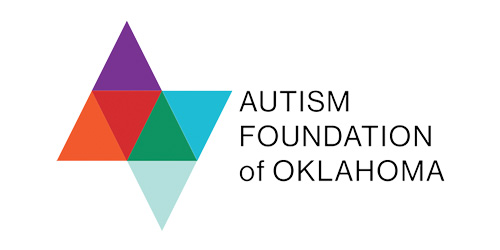
Autism Foundation of Oklahoma
The Autism Foundation of Oklahoma is a statewide organization committed to serving the lives of Oklahomans with autism across the lifespan through advocacy, training, resources, and meaningful collaboration.
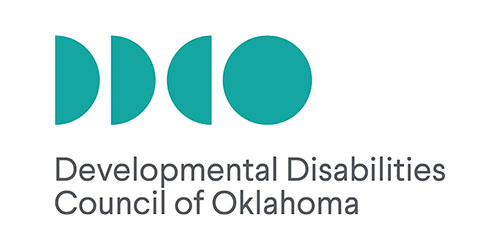
Developmental Disabilities Council of Oklahoma
The Council works with others to improve services, resources, and supports for Oklahomans with developmental disabilities and their families so that everyone has the opportunity to live, learn, work, and play where they choose.
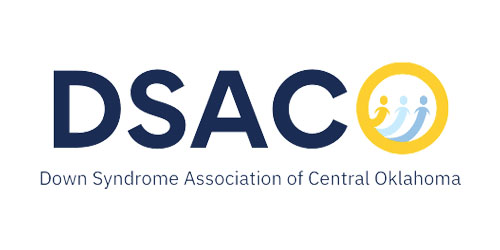
Down Syndrome Association of Central Oklahoma
The Down Syndrome Association of Central Oklahoma exists to raise awareness and provide resources, as well as promote acceptance and inclusion for people with Down syndrome.
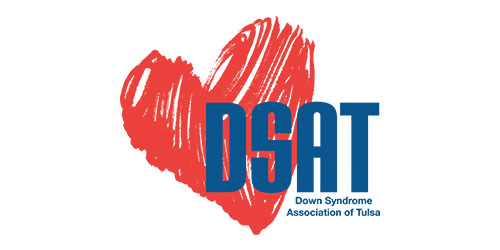
Down Syndrome Association of Tulsa
The Down Syndrome Association of Tulsa (DSAT) is a non-profit organization that exists to enhance the lives of individuals with Down syndrome, their families and communities.
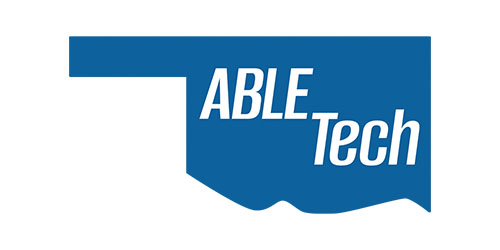
Oklahoma ABLE Tech
Oklahoma ABLE Tech’s mission is to improve the lives of all Oklahomans by providing assistive technology (AT) devices and services, financing opportunities, digital accessibility services, advocacy, and education.
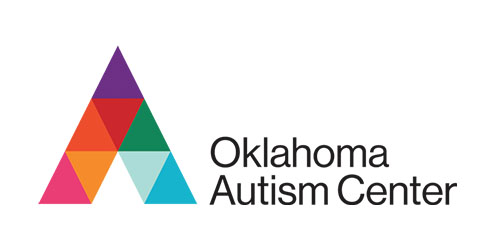
Oklahoma Autism Center
The mission of OAC is to improve the quality of life for children with autism spectrum disorder (and related disabilities) and their families by building capacity of public programs and other providers to offer effective services.
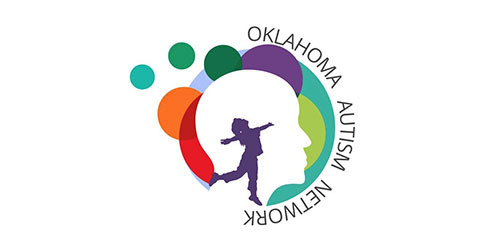
Oklahoma Autism Network
The Oklahoma Autism Network is a center of excellence committed to improving the quality of life for individuals with autism and their families through research, education, and service while respecting individual preferences and promoting community involvement.
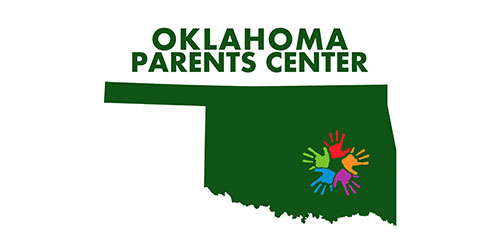
Oklahoma Parents Center
The Oklahoma Parents Center is dedicated to the equality of children and adults with disabilities. Our mission is to train, inform, educate and support parents, families, professionals, and consumers in building partnerships that meet the needs of children and youth with the full range of disabilities ages birth through twenty-six.
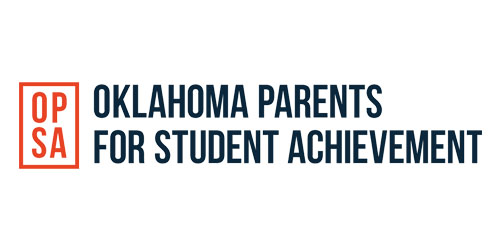
Oklahoma Parents for Student Achievement
OPSA partners with education-centered organizations across the state and provides a platform for parents and community leaders to bring positive changes to schools, ones that work to meet the unique needs of each student.
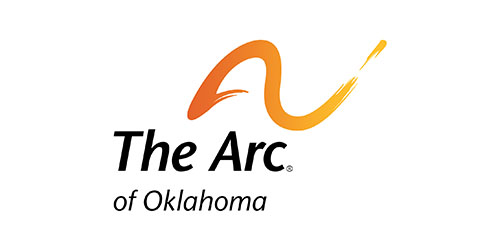
The Arc of Oklahoma
The Arc’s mission is to ensure that every Oklahoman and family living with IDD has access to the information, advocacy, and support they need to live a full life—at home, at school, at work, and in the community.
Self-Determination & Self-Advocacy
The Importance of Self-Determination and Self-Advocacy
Families of people with disabilities play a big role in speaking up for their loved ones. They help with medical care, school, jobs, and making sure their family members are included in the community. Advocacy also means teaching others about disabilities and working toward a fairer world.
It’s just as important for kids to learn to speak up for themselves. Self-advocacy means knowing their strengths, needs, and rights, and understanding how to ask for help when needed. Parents are their children’s first advocates, but teaching kids to do it themselves will help them in school, work, and life. The earlier they learn, the more confident and prepared they’ll be for the future.
This page is here to help! You’ll find useful tools and information on how to advocate and how to support your child in his/her journey toward self-advocacy. Together, we can create a world where everyone has the chance to succeed.
Education & Training
Preparing for Postsecondary Education and Training
After high school, your child may want to continue their education or training to reach their career and life goals. There are many options, including college degree-seeking programs (Associate’s, Bachelor’s) and non-degree seeking inclusive postsecondary education (IPSE) programs for students with intellectual and developmental disabilities. Other paths include career tech certificate programs (construction, healthcare, auto tech), military service, Job Corps, community programs (day programs, social clubs, libraries, colleges, career tech adult education), internships, apprenticeships, and other on-the-job training opportunities.
Success looks different for everyone. To help your child succeed, plan, prepare, and explore ways to pay for further education. They should understand their options and choose what best matches their strengths, interests, and needs. Knowing the differences between high school and life after graduation—and using self-advocacy skills—will help them thrive. Working with them at home and with the IEP team can build important skills. Use the resources on this page to support their future learning plans.
What Youth and Families Need to Know about Degree-Seeking College Programs
This video from PACER’s National Parent Center on Transition and Employment features Erika Theiler, a Transition and Employment Specialist at PACER’s National Parent Center on Transition and Employment, describing the process for accessing accommodations in college and providing tips on how to prepare while still in high school.
Employment
Help Your Student Explore Careers and Plan for the Future
Are you a parent helping your child explore job options but not sure where to begin? Whether they’re unsure what they want or already have a dream job in mind, you can help guide them! Start by talking about their strengths, challenges, and the support they might need at work.
Job skills start at home—like listening, following directions, being on time, and working well with others. These “soft skills” are key to success.
Wherever your child is in the process, it’s helpful to know who can support them. A great first step: check out the resources below!
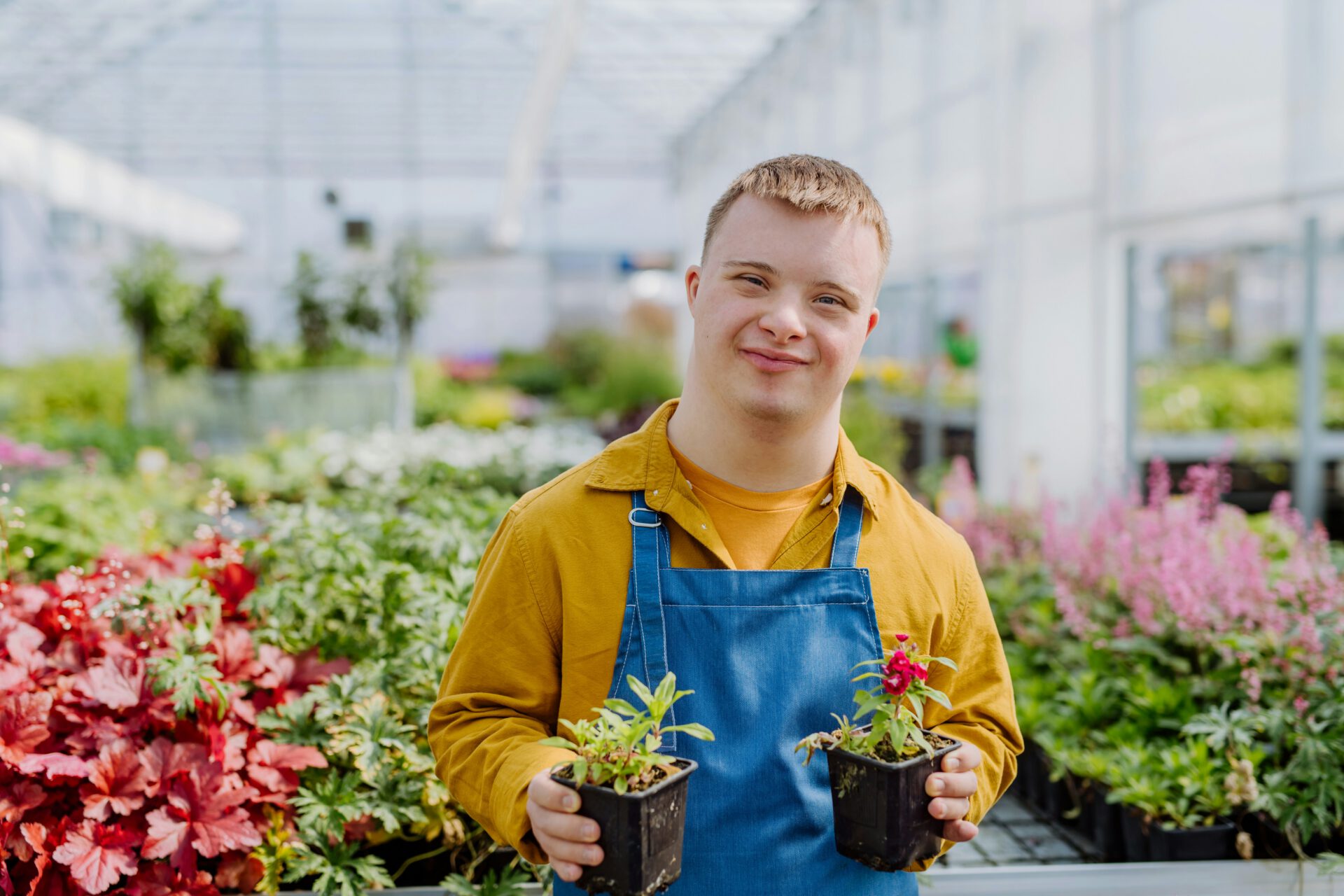
Community Engagement & Independent Living
Community Engagement and Independent Living
As a parent, you want to help your child with disabilities prepare for a future where they can live as independently as possible and be part of their community. Every young adult has different needs and goals for where they will live, work, and spend their time.
Independence involves many skills, like cooking meals, managing money, keeping a home clean, finding a place to live, getting around, taking care of their health, and building friendships. Growing up is exciting, but it can also bring questions and challenges—especially for youth with disabilities.
The resources on this page can help you support your child in planning and building the skills they need for a more independent future!
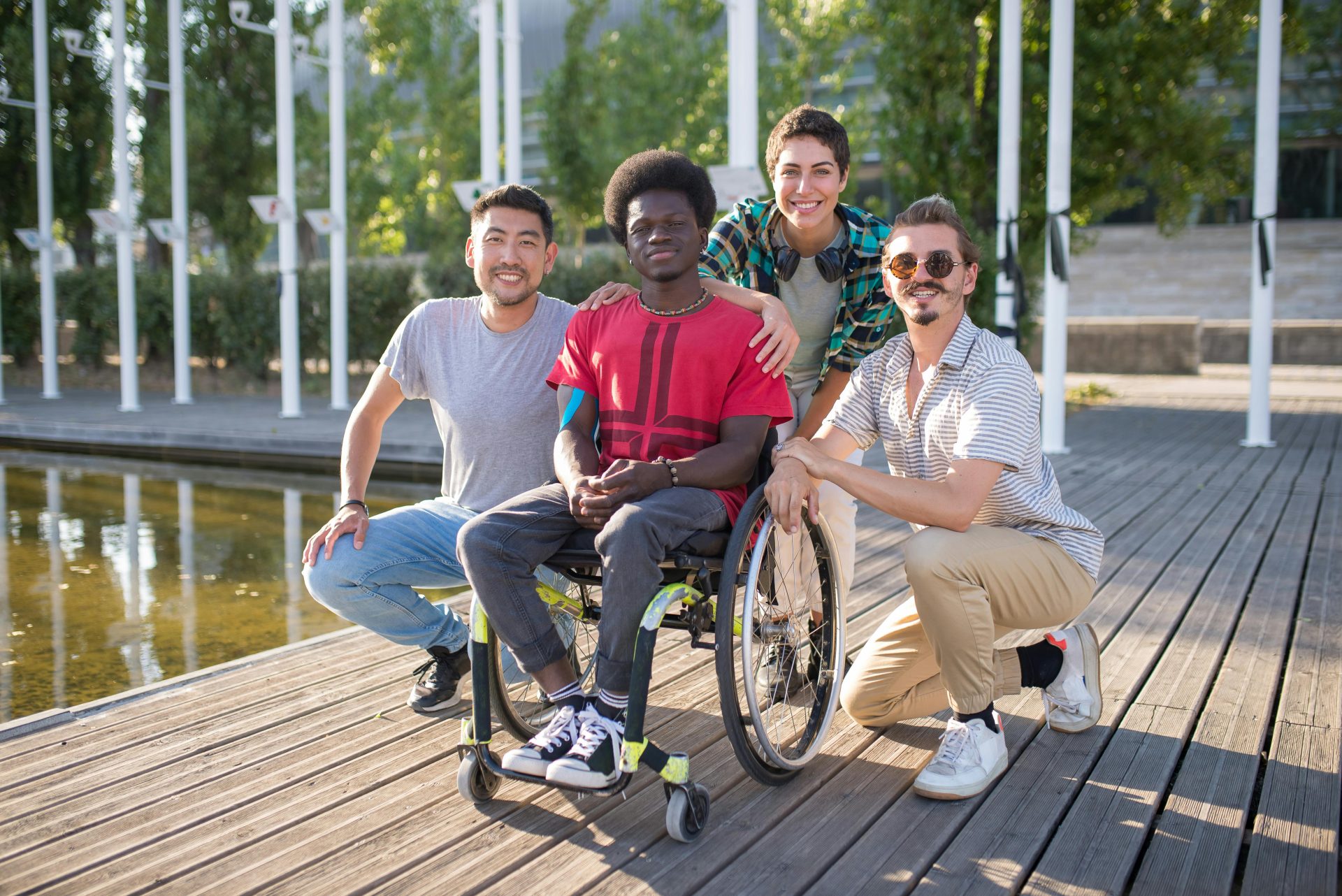
Resources
